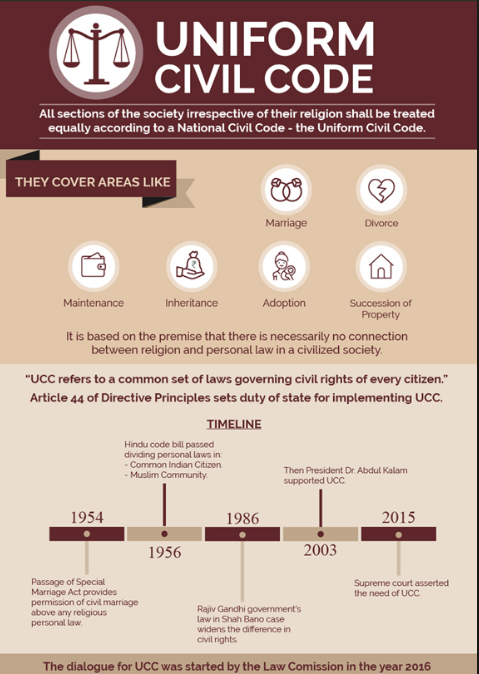Uttarakhand Switch to Hindi
Climate Change Imprint in Uttarakhand
Why in News?
According to the experts, the heavy rainfall in Uttarakhand was not a cloudburst, but shows the impact of climate change, highlighting the Indian Himalayas' lack of preparedness for such intense rainfall.
Key Points
- The districts of Rudraprayag, Dehradun, Pauri and Tehri Garhwal reported damage to life and property due to heavy rainfall.
- According to the Indian Meteorological Department (IMD) meteorologist, a 'cloudburst' is defined as more than 100 mm of rainfall in one hour.
- In this case, there was no cloudburst in Kedarnath, but Nainital and Dehradun recorded over 50 mm in one hour, and Sonprayag received more than 30 mm of rain in an hour.
- The sensitive geomorphological conditions of high mountain areas make even less rainfall cause more damage.
- Landslides occur due to steep slopes, land shape, and soil nature, leading to extensive damage.
- The geologically-young Himalayan range is not built for heavy rainfall, and the intensity of both heat and rain is increasing in the mountains due to climate change.
Landslide
- A landslide is defined as the movement of a mass of rock, debris, or earth down a slope.
- They are a type of mass wasting, which denotes any downward movement of soil and rock under the direct influence of gravity.
- The term landslide encompasses five modes of slope movement: falls, topples, slides, spreads, and flows.


Uttarakhand Switch to Hindi
UCC before Uttarakhand's Foundation Day
Why in News?
Recently, the Uttarakhand Chief Minister declared that his state will implement the Uniform Civil Code (UCC) before Foundation Day (9th November 2024).
Key Points
- The UCC Bill was introduced in the state legislative assembly on 6th February 2024 and was passed on 7th February 2024 during a special session of the Uttarakhand assembly.
- It was proposed in India to establish uniform rules for personal matters such as marriage, divorce, inheritance, and property rights applying to all citizens equally irrespective of their religion, gender or sexual orientation.
- The proposed law has 392 sections divided into four parts and seven chapters providing equal rights to women in marriage, divorce, alimony and inheritance of property, proscribes certain kinds of relationships, bans polygamy, sets the marriageable age for men and women (21 years and 18 years respectively), and makes registration of marriages mandatory.
- The state's Scheduled Tribe population which comprises 2.89% of the population are exempted from this law.




.png)








.png)


.jpg)



 PCS Parikshan
PCS Parikshan


